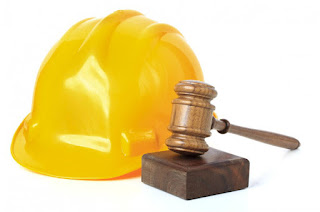Project management can be done for residential purpose and commercial purpose. There are project managers looking after both these types of construction works. A project manager for residential construction requires educational credential that is different from the ones involved in commercial purpose. Though the difference is not much, still it is distinguishable.
Educational Credentials for Residential Project Management
Residential construction managers generally require a bachelor’s degree to become eligible for the post. Experienced candidates are given priority because he/she must work at the supervisory level. A manager has to manage the resources well and to do that some amount of experience is required. In fact, according to surveys, these posts are growing at a rapid pace and will reach a considerable amount by 2024.
Some Vital Information
Residential construction is an important part of construction project management. These managers are also known as construction superintendents and sometimes general contractors. These professionals are responsible for organizing budget and also supervise the construction of homes. The demand for commercial construction and residential construction vary to a large extent and the managers must acknowledge that difference. They usually come with a degree in engineering or construction (both are eligible) and come to know the difference during that stage itself. However, some learn it on work and get a degree in business for future prospect. An additional master’s degree is also helpful in this regard. Having experience is generally expected out of a construction manager.
Skills Required and Job Role of Construction Manager
Residential construction managers usually work from the office, but sometimes visit onsite as well. They have to visit the site frequently. Their job duty involves recruiting and managing employees, scheduling projects, supervising construction progress as well as securing permits and managing site budget. The managers also perform quality analysis of the work and finds out whether the project is deviating from its goal. They evaluate project safety and also ensure that contractors are paid on time.
Construction managers are expected to multi-task and hence be well-organized. He/she must be open to flexible timing and possess good communication skill. The manager is required talking honestly and clearly to the project owners. He/she has to shoulder responsibilities right from the conception time through the end. In fact, the budget at which the bidding will be done is also calculated by the manager. He is the boss onsite and the team must listen to him to work efficiently.
Obtaining the equipment like the bulldozers and other mechanicla instruments also depends on the project manager. If the project exceeds the cost, the owner and the client will seek explanation from the project manager only. They do not work with the materials but with the resources and see to it that the project gets completed on time and without much deviation. He serves a sthe olink between the workers and the owner and is thus the lifeline to complete a project and hand it over to the client. A PM is the almighty on site and off site during the runtime of the project.

